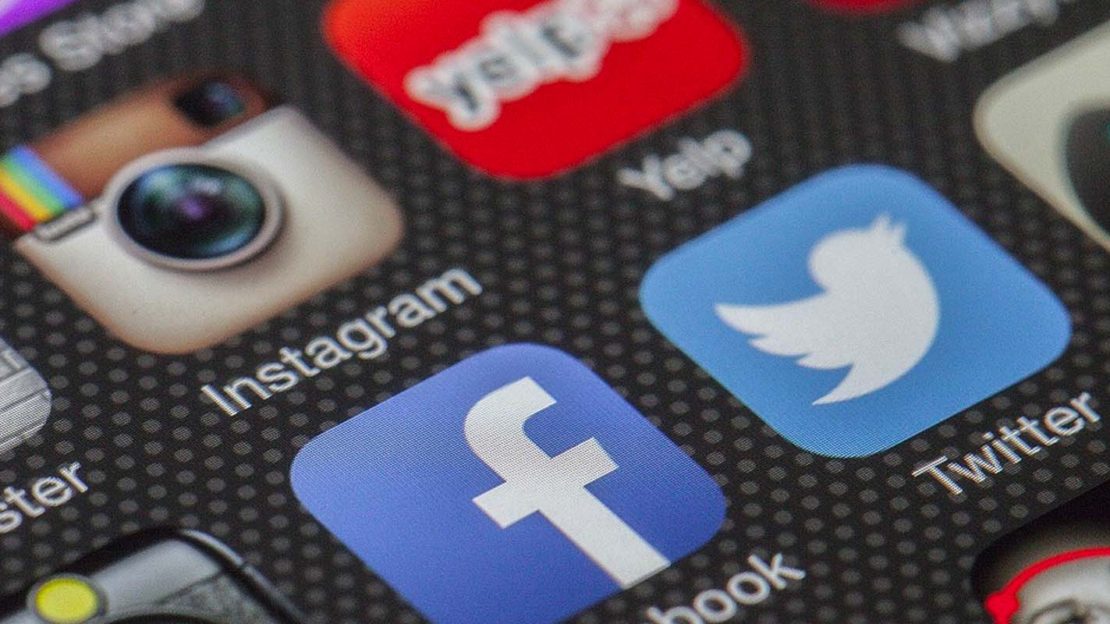- Free Consultation: 401-552-5000 Tap Here To Call Us
Be Careful What You Post On Social Media – How Social Sharing Impacts Your Rhode Island Accident Claim

Thanks to sites like Facebook, Instagram, and Twitter, people can share the details of their lives with friends and family every second of the day. People post everything from what they are eating for breakfast and where they are eating dinner to how irritated they are standing in line at the grocery store and how long they have sat in the doctor’s office waiting to see the doctor.
Therefore, it’s common to tell others about a car accident you were in or other accident that caused you to be injured. Social media makes it easy and convenient to update all of your friends and family with one post. Posting on social media is much easier than making numerous telephone calls or sending a text to each person. However, sharing information on social media can damage your accident claim, especially if you have a public profile. Don’t be fooled; social media posts can damage your personal injury claim even if your profiles are private.
Nothing you post on the internet is completely private, regardless of your security settings. The attorney for the other party will be monitoring your activity online. He may also request a subpoena from the court to compel you to turn over the information from your social media accounts.
Why You Shouldn’t Share
The precedents set by previous cases allow insurance companies and defendants in personal injury cases to use your social media posts against you. Not only can they review your social networks and posts as part of the discovery process in a lawsuit, but the information can also be used as evidence in court. What you say online can damage your case. It can limit the amount of compensation you may receive for an accident claim.
Even if you tell the truth on your social networks, the information you post may be construed differently from what you meant. What you say and post may be manipulated to favor the insurance company. Therefore, it’s important to think before you speak or post. For example, posting that you were in a hurry to get to the school to pick up your children when the crash happened may be construed to mean that you were speeding even though you were doing the speed limit.
How Social Media Can Hurt You
Posting Photographs
There are several ways what you share on social media can hurt your case. For instance, photos you post online can be misunderstood. Perhaps you show a photo of you going to a party. The other side could use the photo as an example that you feel better than you claim. The photo could be used against you even if you only attended because it was your parent’s 50th anniversary party that had been planned for over a year and you were in severe pain the entire time you were at the party.
Misunderstood Statements
If you share too much information about your accident, your case could be hurt. Perhaps you say how sorry you are that the other driver was injured in the collision. The defense could use this simple statement as evidence of your admission of fault for the accident. Statements that appear to contradict information you provided in the claim could be used against you. A post that simply says “I’m so glad I’m okay” could be used to indicate you weren’t seriously injured in the accident when you only meant you were glad you didn’t die.
Comments On Your Posts
Comments by others can also hurt your case. For example, a friend jokingly says, “I’m not surprised you were in an accident with your lead foot.” An indication that you have a tendency to exceed the speed limit could be used to attempt to prove that you are an unsafe driver; therefore, you were at fault or partially at fault for the crash.
Tracking Location
Social media can now track your location. This information can be used against you. For example, if the tracking information reveals you attended events, or you were running errands, the insurance company for the other party may use this information as evidence to allege you weren’t hurt as seriously as you claim. If you can go to events and run errands, you must be okay. It wouldn’t matter why you were out of the house; it would only matter that you were able to be out and about after your accident. You might have a difficult time proving that you attended the event out of obligation though it caused a physical hardship for you.
Call A Rhode Island Personal Injury Attorney
If you have been injured in an accident, seek help from an experienced Rhode Island personal injury attorney. Limit your exposure on social media and follow your lawyer’s advice to protect your claim.
Contact the Tapalian Law for a free legal consultation with an accident attorney. You can reach our office by calling 401-552-5000 or by using our online contact form. Our injury lawyers represent clients in Rhode Island and Massachusetts. We offer free consultations 24/7 for your convenience. If you cannot come to us, we will come to you!
Se Habla Español







